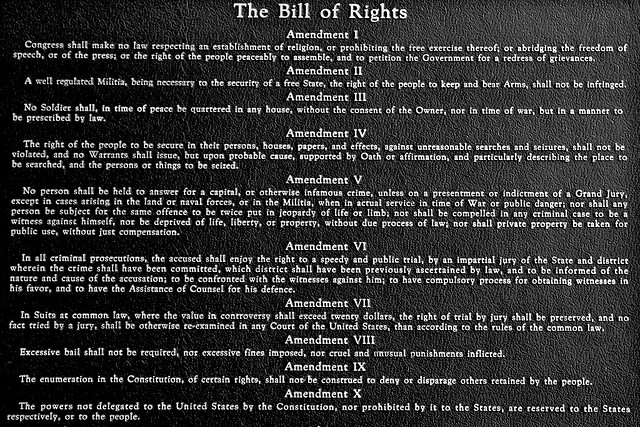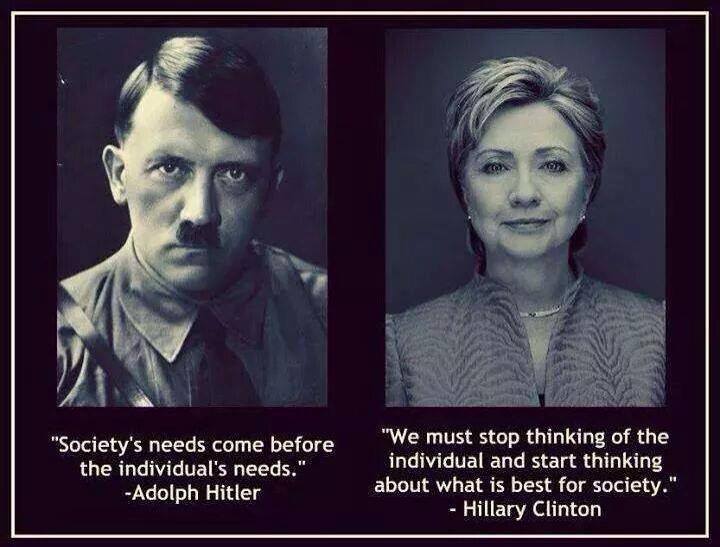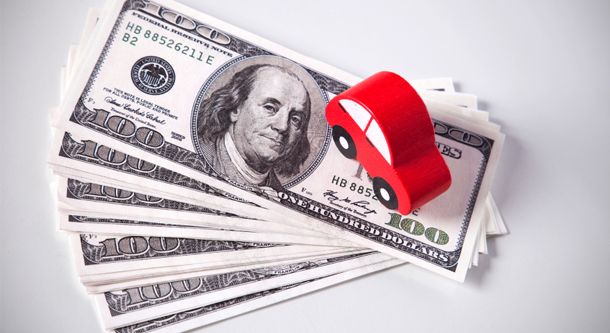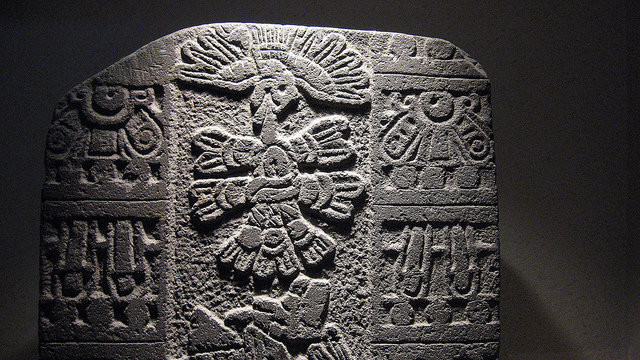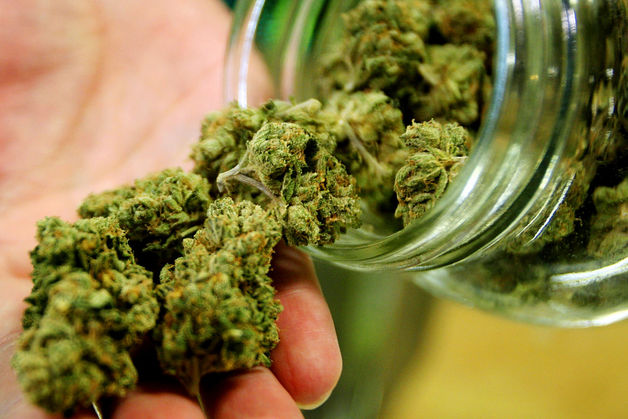10 Achievements of Mankind Made Possible by Economic Freedom
4. Modern Democracy
No single force made a bigger contribution to the development of modern democracy than the rise of guilds in Northwestern Europe toward the end of the Middle Ages. A guild is an association of artisans or merchants who control the practice of their craft in a particular town. The earliest types of guilds were formed as confraternities of tradesmen. They were organized in a manner like something between a professional association, a free trade agreement, and a secret society. Their main task was to enforce the flow of trade to their self-employed members, and to retain ownership of tools and the supply of materials. A lasting legacy of traditional guilds was the rise of the economical and political unions such as the Northern European Hanseatic League and the self-governing city-states.
The Protestant Reformation, the Dutch War of Independence from the Roman Catholic King of Spain and the proclamation of the Dutch Republic in the 1560s, the Mayflower Compact of 1620 signed by the Pilgrim Fathers on forming a government in the New World based on a majority rule, the English Civil War and the Act of Habeas Corpus, the Glorious Revolution of 1688 in England which ensured that the royal absolutism would not prevail, and the US Constitution and the Bill of Rights of the late 1700s were all made possible only thanks to the new class of artisans and merchants, later known as the bourgeoisie, which transferred the power from the ruling aristocracy and tyrannical royal governments to the democratically elected officials.

